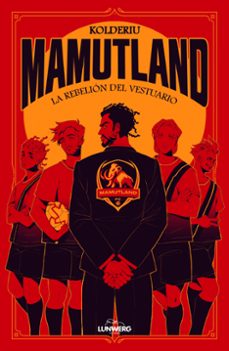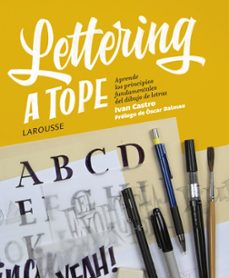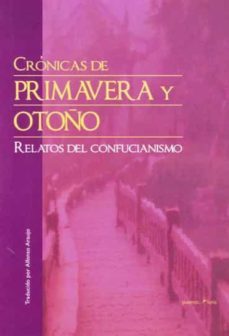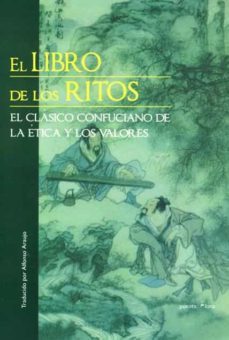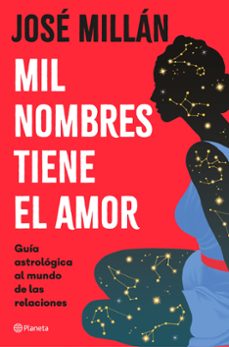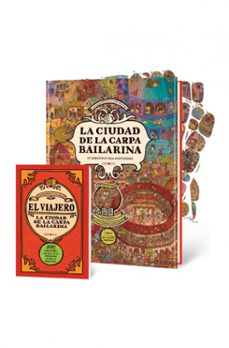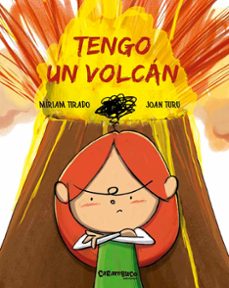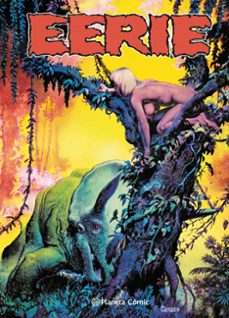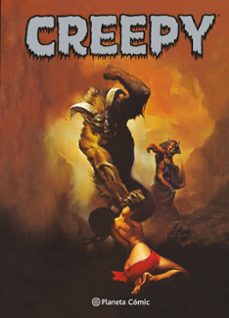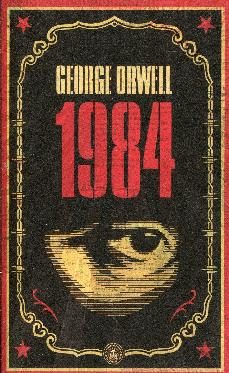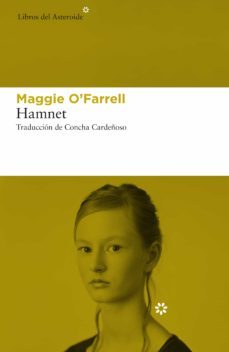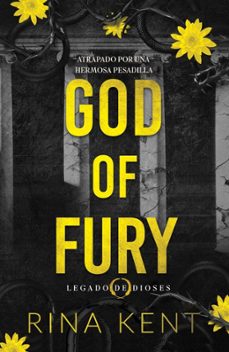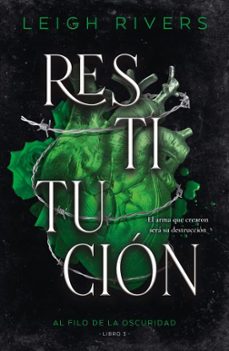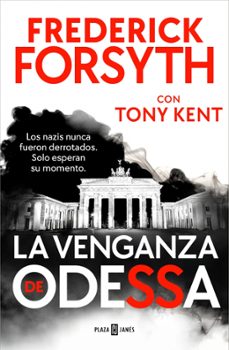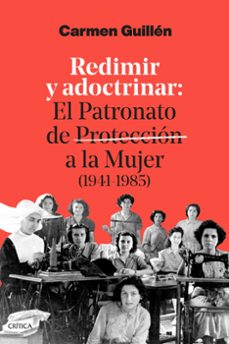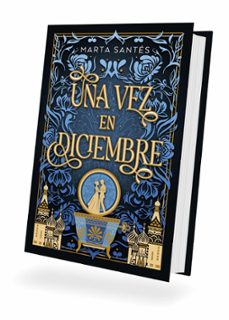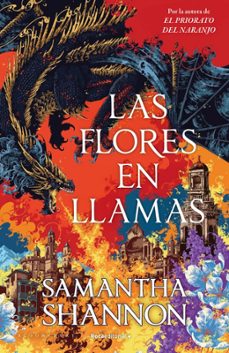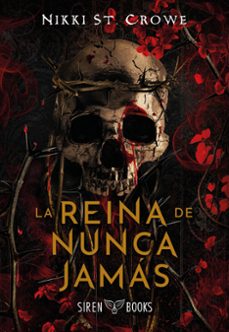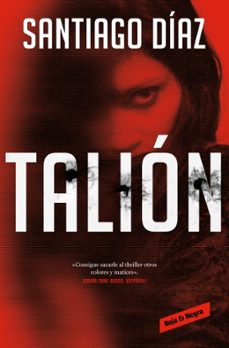📗 Libro en inglés THE NIGHT BEFORE CHRISTMAS
PENGUIN- 9780143122487
Sinopsis de THE NIGHT BEFORE CHRISTMAS
Gogol''s classic, uproarious folktale, presented in a beautiful hardcover edition perfect for giving as a gift.
Written in 1831, this dark tale relates the adventures of Vakula, the blacksmith, in his fight against the devil, who has stolen the moon above the village of Dikanka and is wreaking havoc on its inhabitants, all to win the love of the most beautiful girl in town. The basis for many film and opera adaptations, and still a story traditionally read aloud to children on Christmas Eve in Ukraine and Russia, The Night Before Christmas is the best holiday tale by the man whom Vladimir Nabokov called ''the greatest writer Russia has yet produced''.
Nikolai Gogol (1809-1852) was the son of a Ukrainian gentleman farmer. He attended a variety of boarding schools, where he proved an indifferent student but was admired for his theatrical abilities. In 1828 he moved to St. Petersburg and began to publish stories, and by the mid-1830s he had established himself in the literary world and been warmly praised by Pushkin. In 1836, his play The Inspector-General was attacked as immoral, and he left Russia, remaining abroad for most of the next dozen years. During that time he wrote two of his best-known stories, ''The Nose'' and ''The Overcoat,'' and in 1842 he published the first section of his masterpiece Dead Souls. Gogol became increasingly religious as the years passed, and in 1847 he became the disciple of an Orthodox priest who influenced him to burn the second part of Dead Souls and then abandon writing altogether. After undertaking an extreme fast, he died at the age of forty-two.
Ficha técnica
Editorial: Penguin
ISBN: 9780143122487
Idioma: Inglés
Encuadernación: Tapa dura
Fecha de lanzamiento: 01/11/2014
Año de edición: 2014
Plaza de edición: Eeuu
Especificaciones del producto
Escrito por Nicolái Vasílievich. Gógol
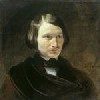
19 de marzo de 1809, cerca de Sorochincy, en el distrito de Mírgorod, provincia de Poltava, en Ucrania. Educado primeramente en la casa paterna y luego en el Liceo de Niezin, terminó Gógol sus estudios en 1828 con un diploma de segunda categoría. En vez de estudiar, organizaba funciones. Otro factor desfavorable, que frenaba su aplicación, era su desmesurado orgullo. Convencido de su superioridad sobre las demás personas, el joven Gógol soñaba con grandes hazañas en vez de estudiar. Pero ¿cómo explicar que, a pesar de su pasión por el teatro, veía su gran porvenir en una carrera administrativa? Aun la probó, como intentó más tarde dar clases de historia. Pero la atmósfera gélida de las oficinas públicas petersburguesas apagó rápidamente sus ilusiones respecto a la posibilidad de distinguirse en aquel terreno.
Descubre más sobre Nicolái Vasílievich. Gógol Recibe novedades de Nicolái Vasílievich. Gógol directamente en tu email
Opiniones sobre THE NIGHT BEFORE CHRISTMAS
¡Sólo por opinar entras en el sorteo mensual de tres tarjetas regalo valoradas en 20€*!


